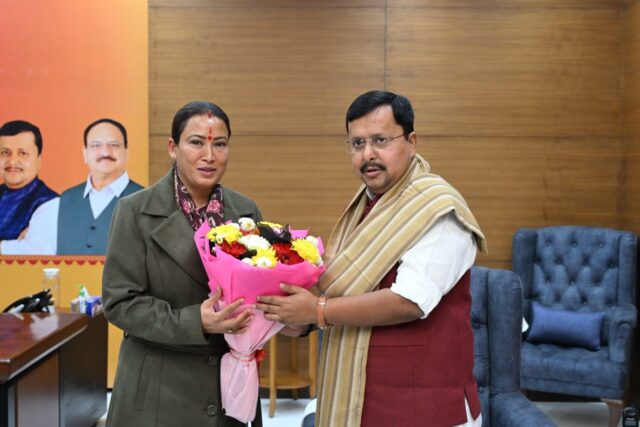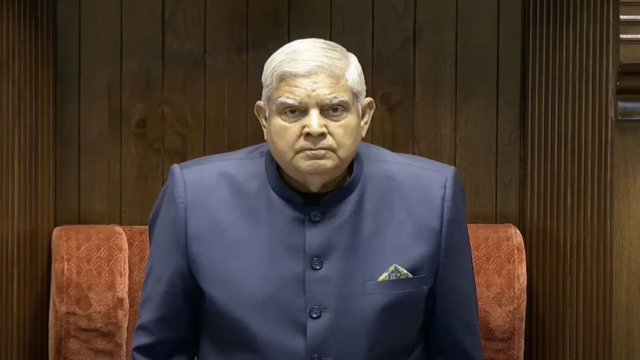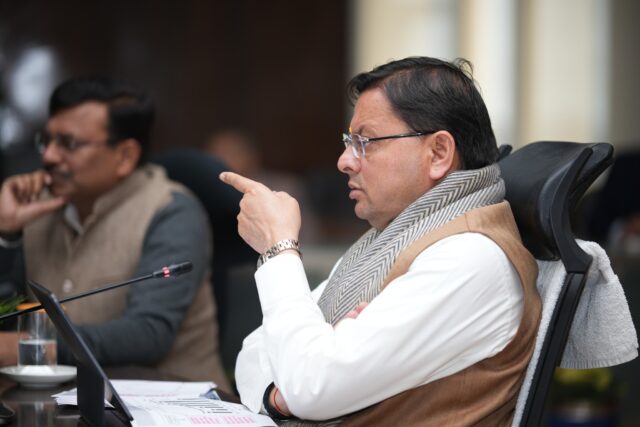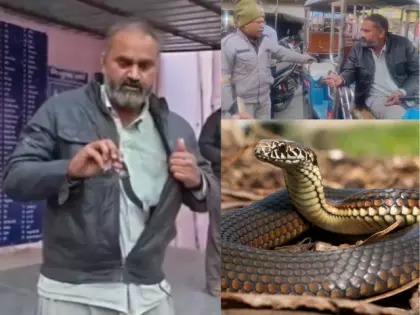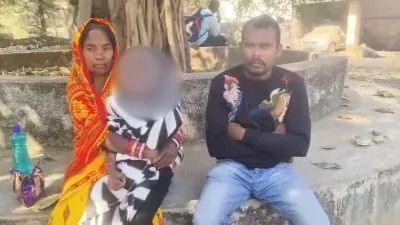Supreme Court objected to hate speech, asked these questions, mentioned Nehru and Vajpayee

The Supreme Court expressed strong objection to people giving hate speeches. Also questioned why people do not control themselves. The Supreme Court said that the moment politics and religion are separated and leaders stop using religion in politics, such speeches will end. Referring to the speeches of former Prime Ministers Jawaharlal Nehru and Atal Bihari Vajpayee, the court said that people used to gather from far off places to listen to their speeches. (News continues, see next paragraph)
Justice K. M. Joseph and Justice B. A bench of V. Nagaratna wondered how courts can initiate contempt proceedings against so many people and why the people of India cannot take a pledge not to humiliate other citizens or communities. The bench, while hearing contempt petitions against various state authorities for failing to register FIRs against those making hate speeches, said that every day petty elements are making speeches on TV and in public forums to defame others. (News continues, see next paragraph)
Solicitor General Tushar Mehta also drew the bench’s attention to the derogatory speech given by a person in Kerala against a particular community. He said that the petitioner Shaheen Abdullah has selectively mentioned incidents of hate speech in the country. Earlier on Tuesday, the Supreme Court had said that giving up hate speech is a fundamental requirement for maintaining communal harmony in the country. The bench asked Solicitor General Tushar Mehta as to what action has been taken as per the FIR in such cases, as mere filing of complaints is not going to solve the problem. (News continues, see next paragraph)
The Supreme Court had said on October 21 last year that India is a secular nation as per the Constitution. Along with this, the court had directed the governments of Delhi, Uttar Pradesh and Uttarakhand to take strict action in cases of hate speeches and register criminal cases against the culprits without waiting for the complaint.

